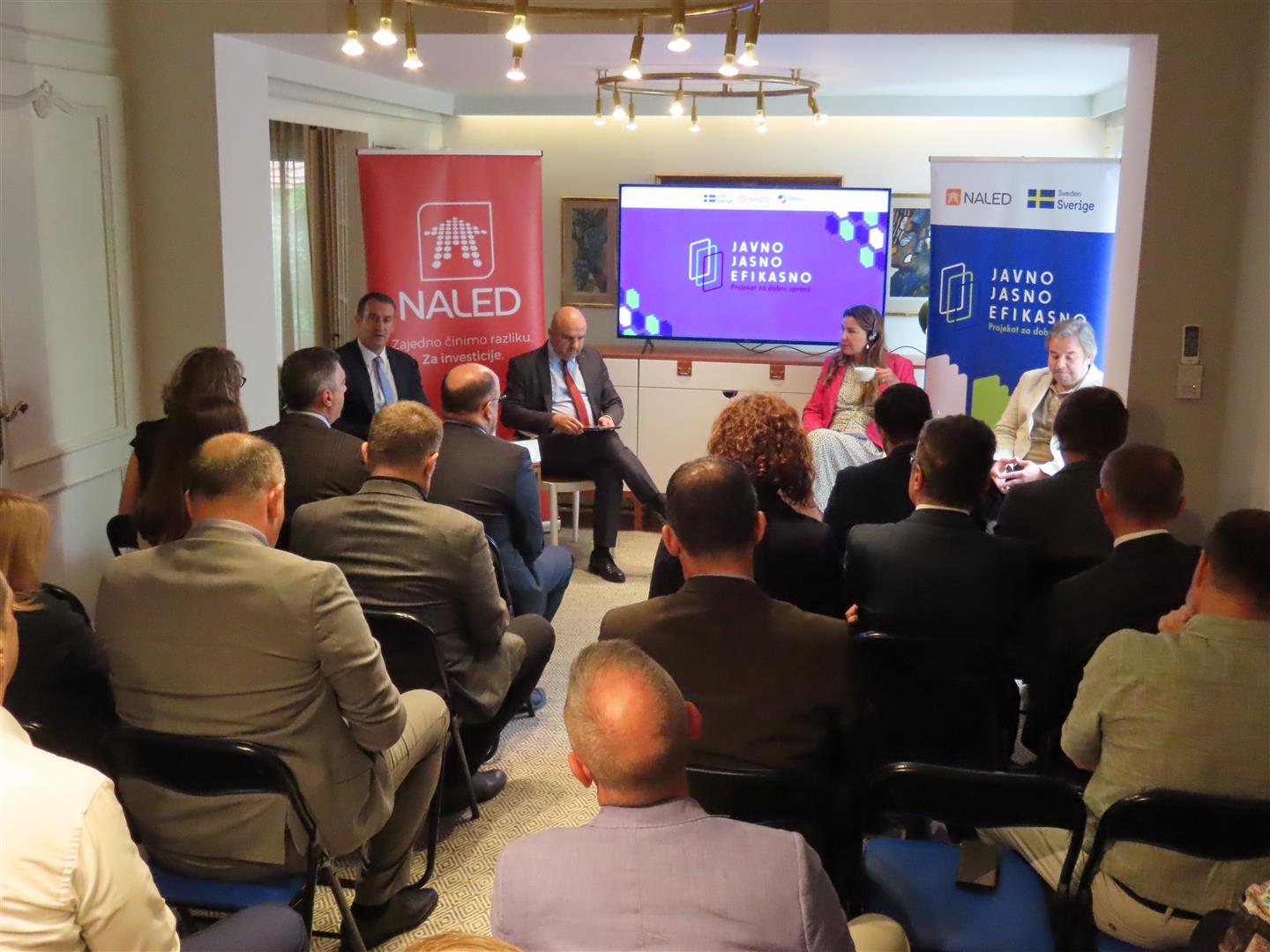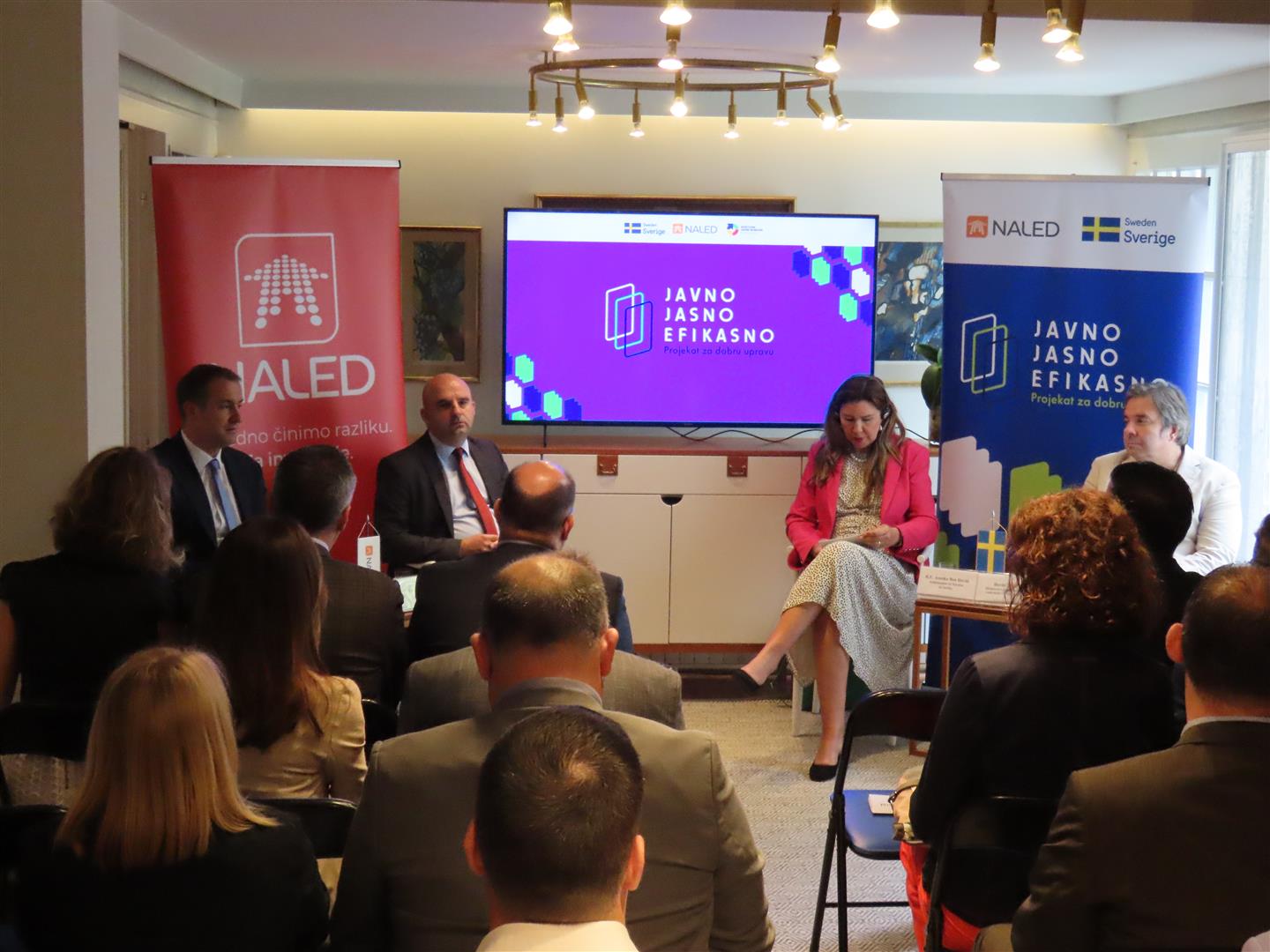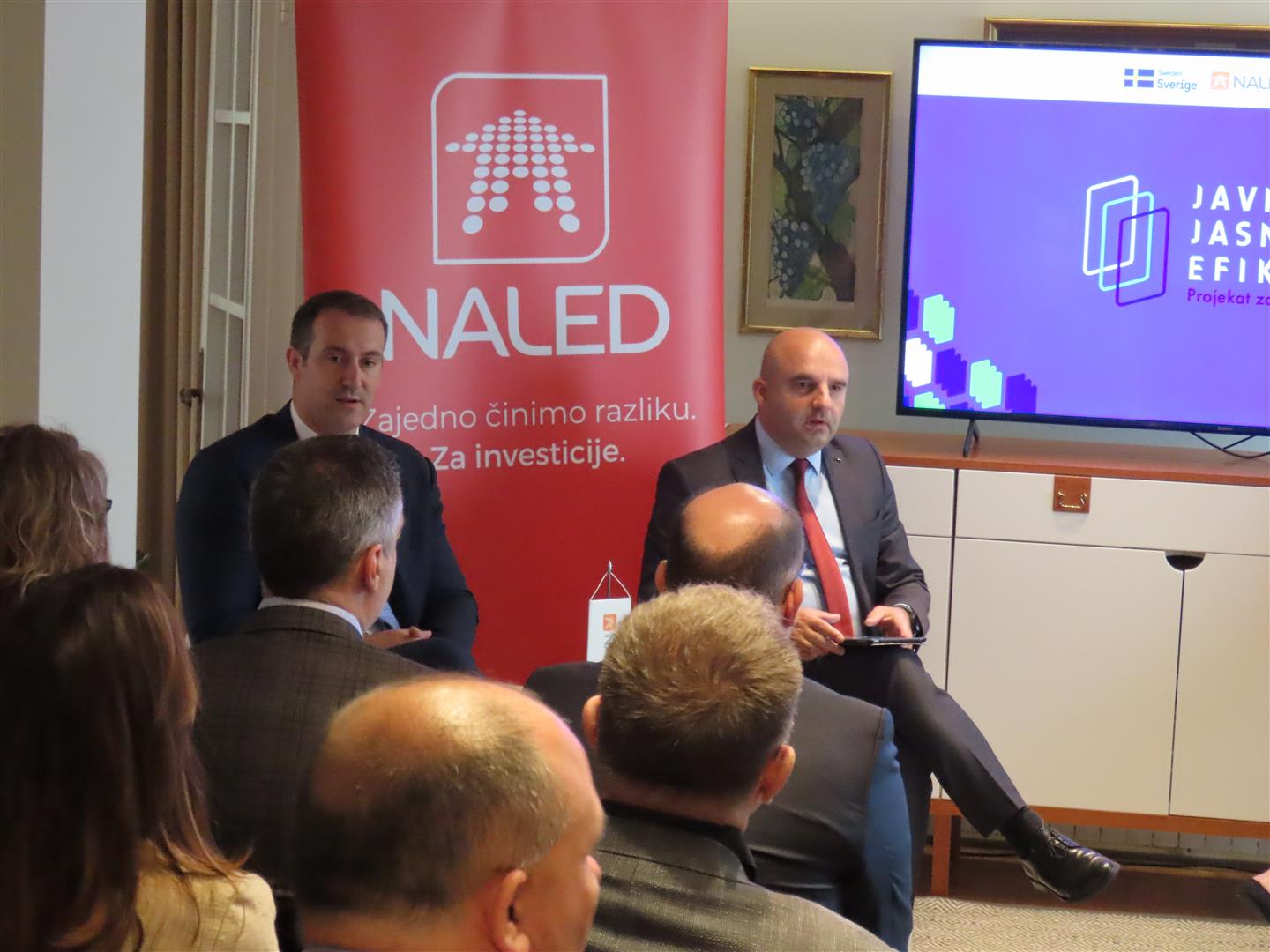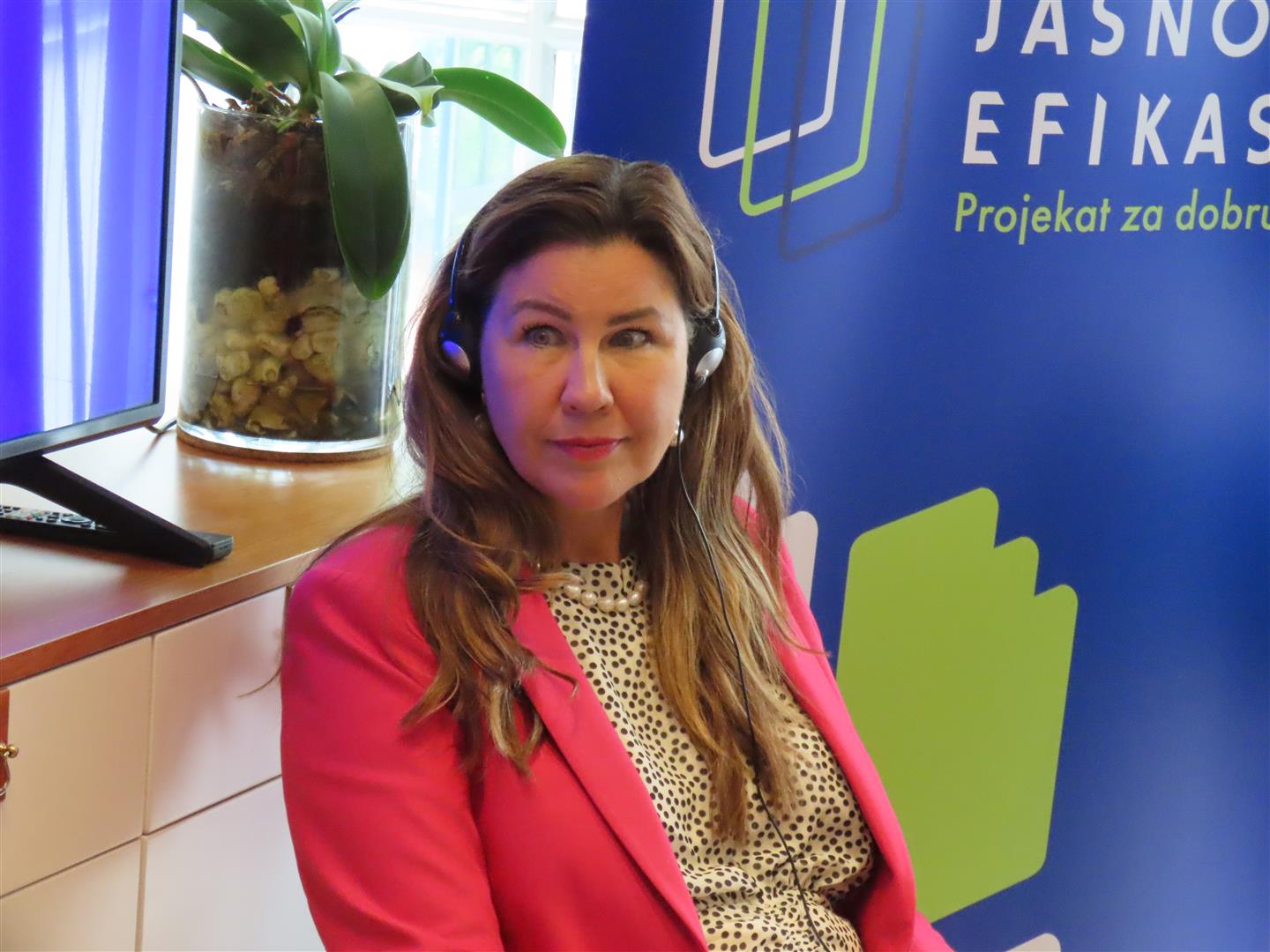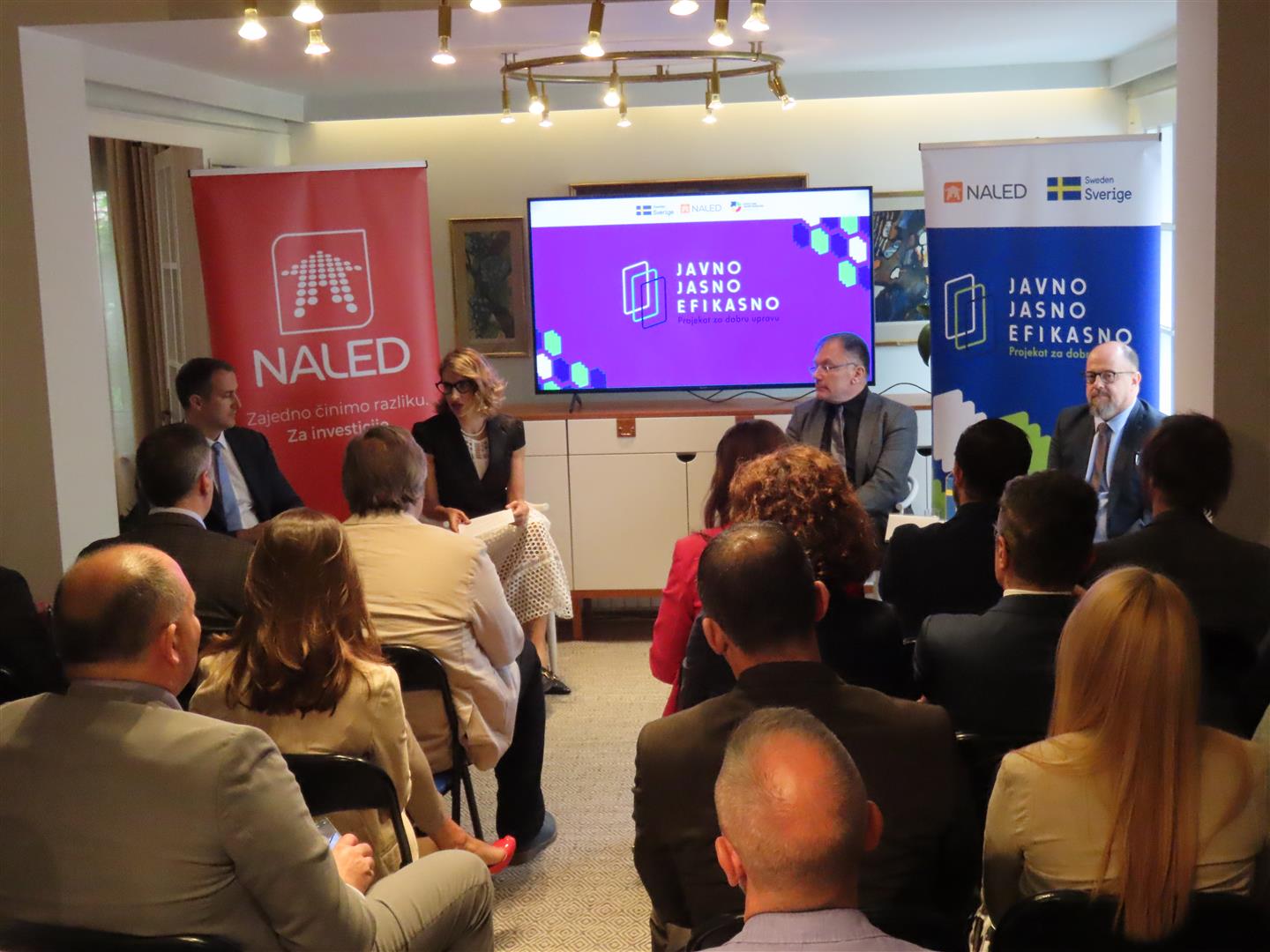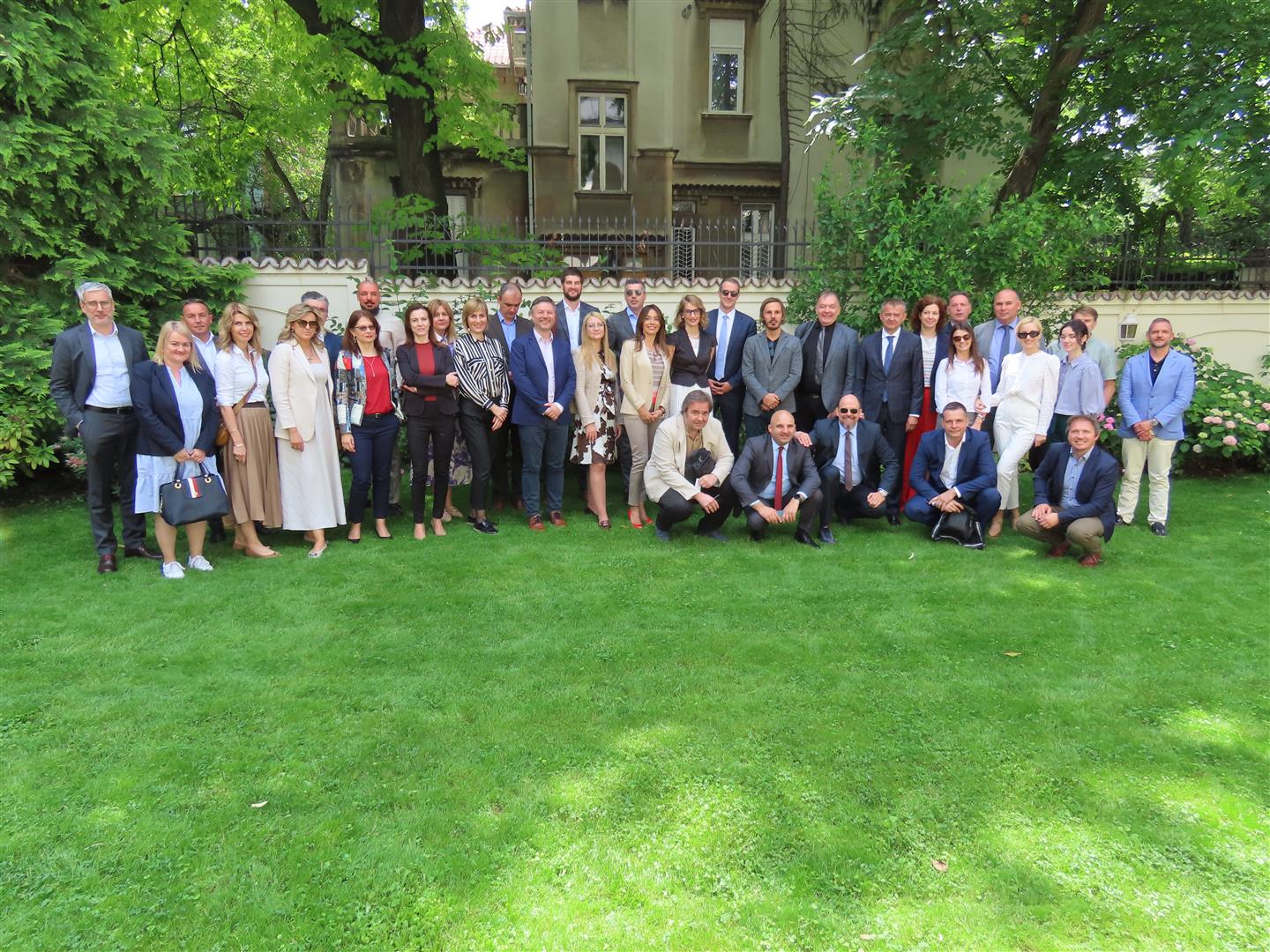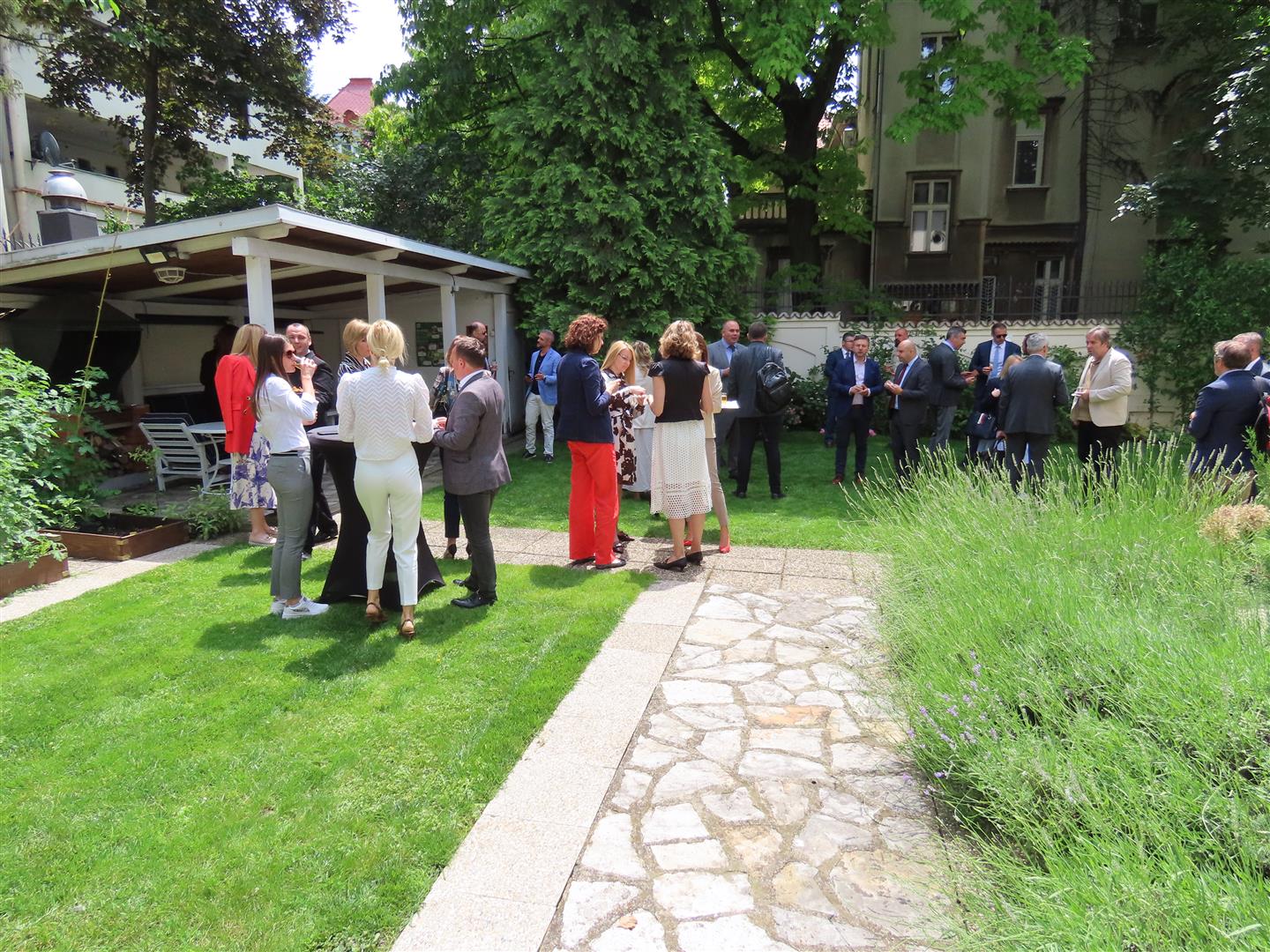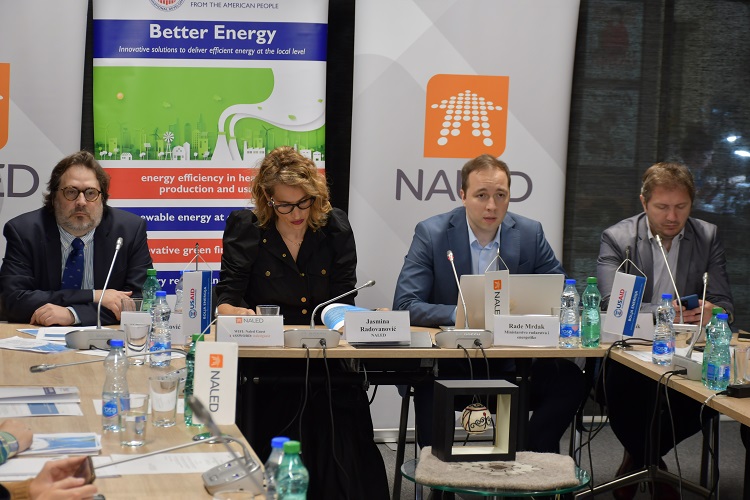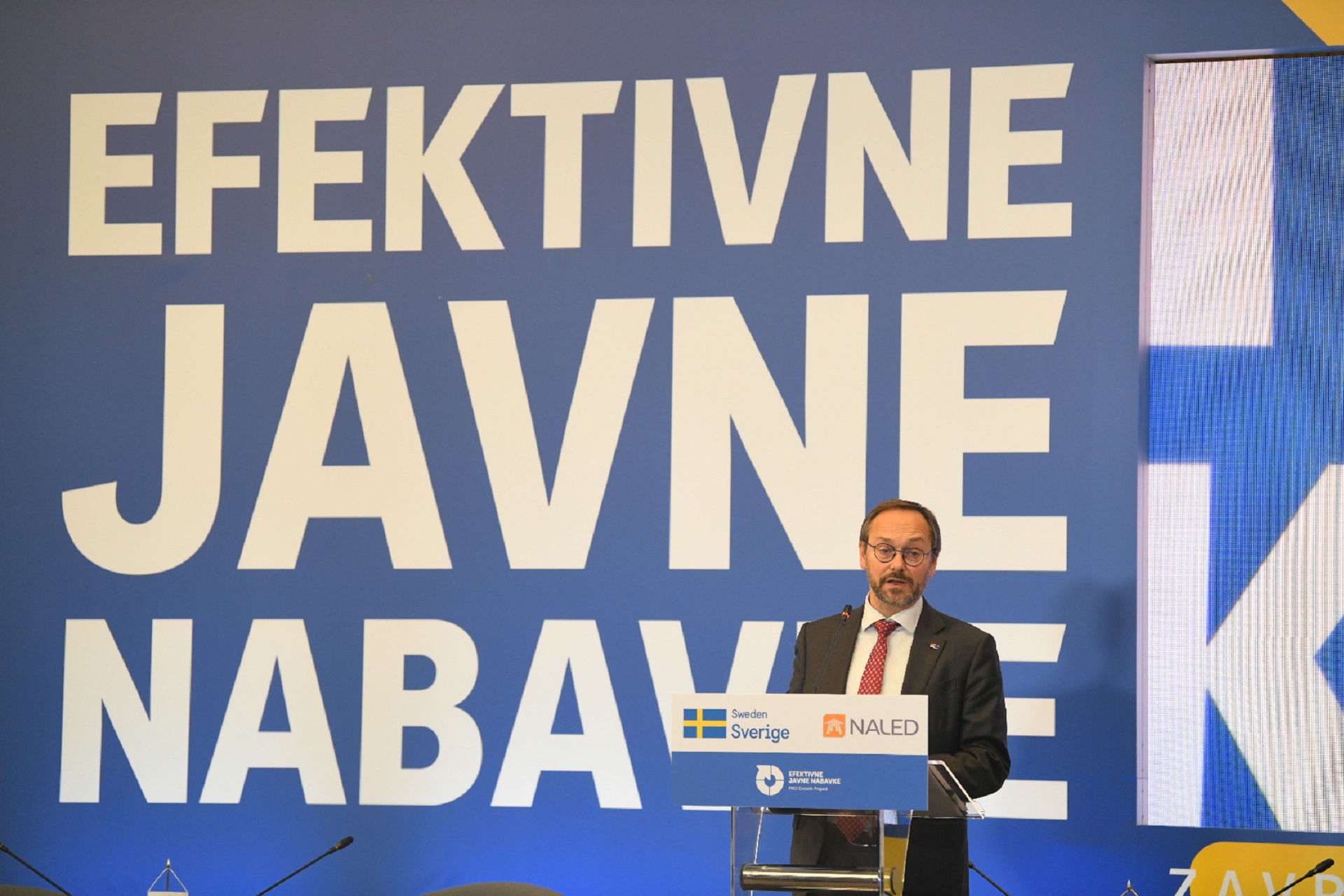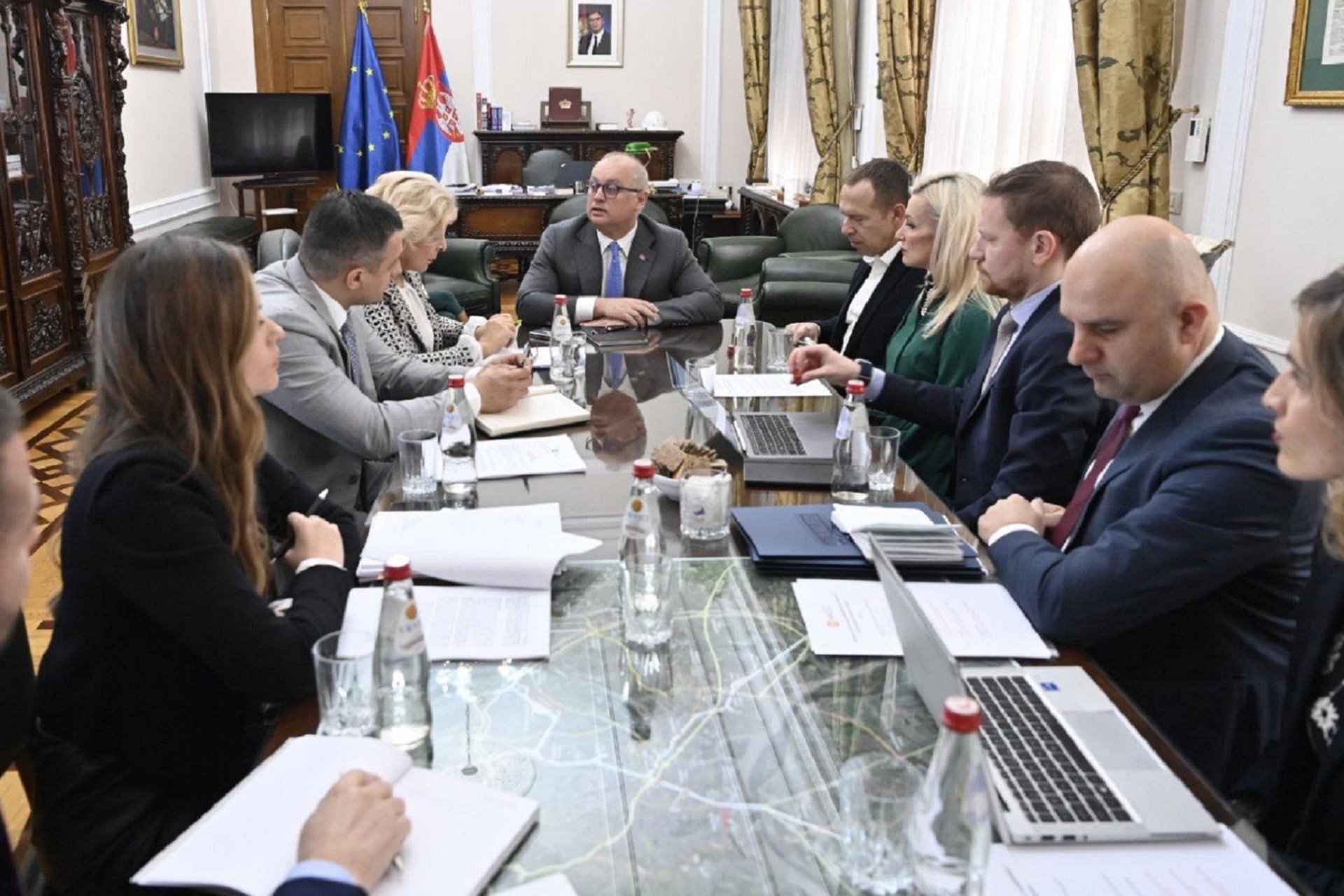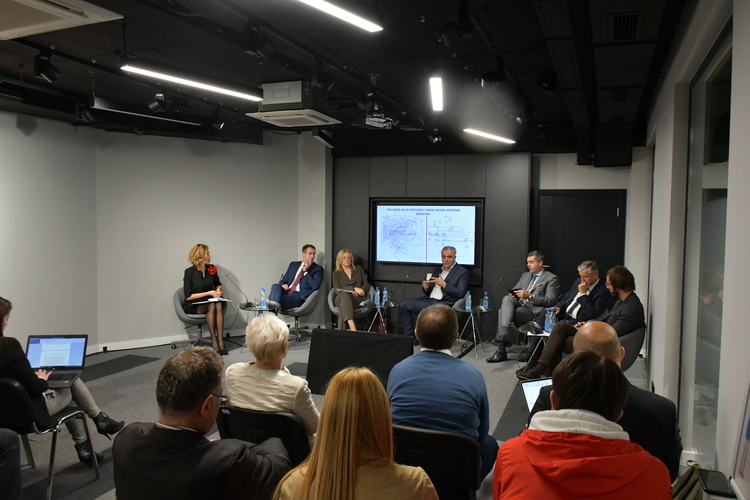Every Other Real Estate in Serbia is Unregistered
An astounding revelation emerged from recent findings, indicating that nearly half of all real estate properties in Serbia remain unregistered in the cadastre and are excluded from the regular market. This untapped potential serves as a powerful catalyst for economic development and has the potential to significantly improve citizens' quality of life. The importance of this issue was emphasized during the session of NALED's Association for Property and Investments, hosted at the residence of the Ambassador of the Kingdom of Sweden to Serbia.
During the meeting, members were introduced to a draft study on comprehensive reform, crafted by a team of seven experts led by Miloš Živković, a professor at the Faculty of Law in Belgrade. The study aims to address various challenges, including streamlining the registration process in the cadastre, resolving longstanding cases, legalizing illegally constructed buildings, eliminating fees for converting usage rights to ownership rights, modernizing urban planning processes, land consolidation, restitution, expropriation, real estate taxation, and resolving issues related to cooperative land, among others.
This study was conducted under the project "Public procurement and good management for greater competitiveness," implemented by NALED with the valuable support of the Swedish Agency for International Development and Cooperation (Sida). H.E. Ambassador Anika Ben David underscored Sweden's enduring support for Serbia's European Union journey for over two decades and highlighted the collaborative efforts with NALED to enhance the public procurement system.
The ambassador stated, "We aim to develop a transparent, efficient, and appropriate procurement system that optimizes public spending, stimulates private sector growth, and improves the quality of public services. Through the project, we have already made significant contributions, such as improving the Public Procurement Portal, Register of Bidders, establishing an eLearning platform, and providing training for participants in the system. Sweden is also the largest donor in Serbia's environmental protection field, and through this project, we aim to support the improvement of real estate management."
Dušan Vasiljević, Director of the Department for Competitiveness and Investments at NALED, highlighted the immense interest from relevant institutions and stakeholders throughout the study's preparation process. He expressed a shared sentiment that the study possesses an unparalleled potential to enhance the lives of citizens and foster Serbia's development. Vasiljević stressed the magnitude of the challenges and the need to overcome internal and individual interests, emphasizing that this reform presents a generational opportunity.
Đorđe Milić, Assistant to the Minister of Construction, Transport, and Infrastructure, acknowledged the project's significance in rectifying past practices that have proven inadequate.
The project seeks to bring about fundamental reforms, changing the principles of real estate management. Milić noted the comprehensive nature of the approach, with digitalization playing a pivotal role in nearly all proposed measures. The document serves as a guide for drafting new laws or amending existing ones, addressing the necessity to review, amend, or abolish 53 regulations to enhance procedure efficiency and effectiveness. Milić expressed gratitude to the Kingdom of Sweden for their support and hoped for their continued assistance in developing eSpace, a system that would improve the efficiency and transparency of urban planning.
Professor Miloš Živković and NALED consultant Đorđe Vukotić presented the study's key proposals to the Association for Property and Investments members, inviting their feedback for the final proposal to be prepared for relevant institutions. The project also includes specialized analyses and proposals to improve the cadastre registration process and deceased person taxation procedures.

